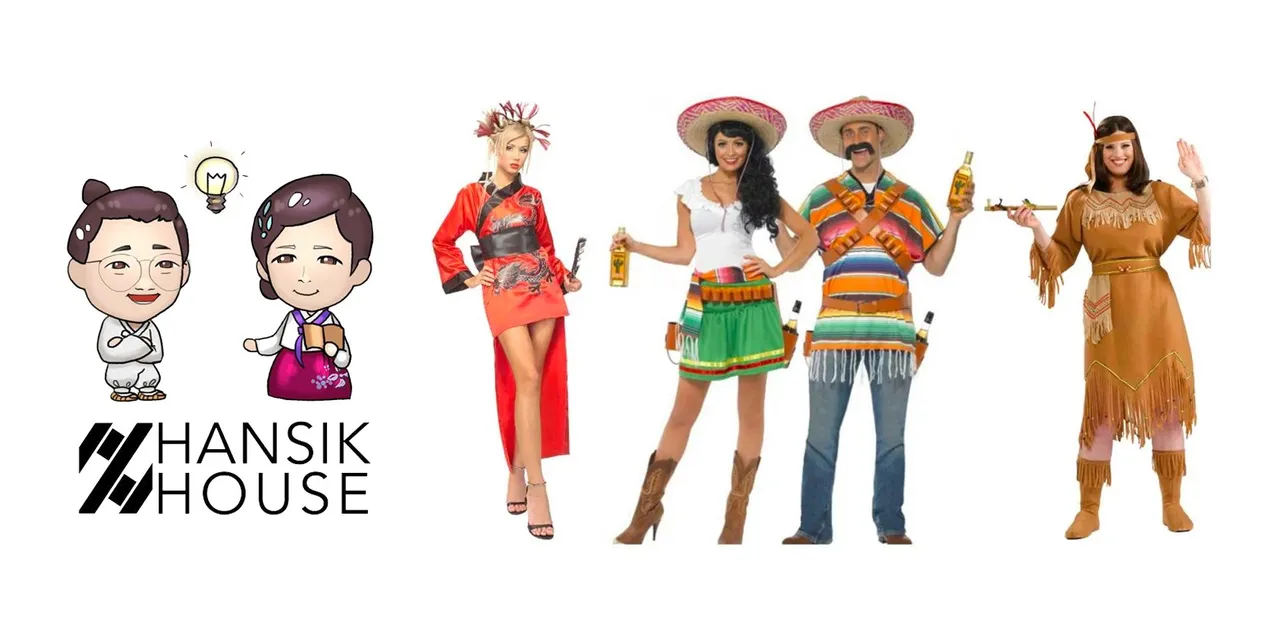
Compartmentalizing My Rants
So if you’ve followed my account, even for the last month or 2, you know full well that I go down the ever-so-often rant trails. I typically try to keep my posts apolitical and agnostic. I believe that I’m a full individualist and a major mainstay of that principled foundation is that I should never expect my own opinions or beliefs to have any credence on another person. Nothing you say should have to have any effect on me and the same vice versa. As such, I try to rationalize holistic arguments and developments without much personal judgement (unless of course they’re concerning my beloved video games and hobbies).
But there are something factors in the world today that scare the heebie jeebies out of me and one that I seem revisit time and time again is the Facts vs. Feelings ideological debate that is raging in North American culture at this moment. This battle, in my opinion, is eroding a principled stance on Freedom in the western hemisphere and is cultivating these extremist positions on both conservative and progressive ends. From the massive amount of argumentative and polemic debris that has filled the air, major arguments fall in place and take up a great deal of our social energies.

Me "appropriating" Chinese/male/world-famous/martial artist/celebrity/meme culture.
I truly believe that these struggles are warping the fabric of individual freedom in the world and every so often (which I’ll try to limit to weekends) I’ll highlight a major cultural issue and give my take on it. I work in the creative and cultural world and my highest investigation is to the answer the question “how does culture affect our lives?” That is why today’s argument falls square on the issue of culture - who owns it, how should it be or not be used, and how does it impact our social lives?
What is “Cultural Appropriation?”
The first paragraph on Wikipedia pretty much sums up the ‘sociological concept’ of dominant cultures misuse and misappropriate elements of a more marginal culture.

Source: Wikipedia
You’ve probably read about instance of this, when the debate of cultural appropriation flares up when there is an instance of ‘black face’ or when Halloween comes around the corner each October. This attitude has become a strong ideological component of PC culture and intersectional identity politics with the concept that any group of people should have some attribution of culture and thus ownership over its use and representation. Many claim that appropriating culture is ‘painful’, ‘harmful’, and ‘fosters a space for violence and oppression.’
This is most explicit each Halloween where each year, the list of seemingly taboo costumes becomes longer and longer. It used to be mostly concerned for Pocahontas dresses and bright red Chinagirl wardrobes. Now these include dreadlocks, turbans, headdresses, East Asian robes, and so on as the list becomes amended by more and more minority voices. The whole argument came to a boiling temperature in 2016 with the infamous Yale letter by Professor Nicholas Christakis -
Again, this is the claim that such behavior should be limited, controlled, punished, and prevented for the sake of subsets of our population.
And this is utter bull.
You Cannot Own Culture
No one can ever lay claim that their ‘culture’ maintains any ownership of particular artifacts, customs, aesthetics, and historical narratives. Culture is just as fluid as physical cities and fashion trends. We may have stereotypical assignments of certain imagery to certain cultures - i.e. headdresses to Native Americans, silk robes to Oriental countries (and yes, I said ‘Oriental’), tiki torches to the Polynesians islands - but those are momentary captures of a historical past, not reflective on the individuals of said communities.

Perry "appropriating" geisha prostitution culture.
An individual Korean does not have claim or expertise of ‘hanbok’ styles or ‘hanok’ architecture any more than a Native American has claim to ‘teepees’ and face-paint today. Hawaiians don’t ‘own’ surfboards and Japan does not ‘own’ sushi.
Should I be enraged when Hugh Jackman’s adorable daughter wears Korean traditional robes in Hollywood? Or when college students where an Arabian Nights turban? Or when my neighbor’s kids dress up as Jasmine and Snow White on the last day of October?

We should celebrate this practice.
RANT TRIGGER WARNING: If you’re offended by this, it’s quite likely that your arrogance leads you to believe that you have a moral high ground when it comes to your or someone else’s ‘cultural ownership’. I’m a Korean American and I have absolutely no say whether some white dude opens a Korean bbq restaurant (please set up shop in my neighborhood!) or some South American girl brews soju in Bolivia or if some black transgendered man tailors Korean robes for celebs in Venice Beach. Hell, I might even invest in one of these businesses.
All Culture is a Living Product of Appropriation
Do you think all Italian restaurants are owned by Italians? Do you think only Irish men have ever worn plaid skirts? Do you think the calligraphic forms of traditional Mandarin, Korean hanja, and Japanese Kanji all spontaneously appeared without association? Do you think only Vietnamese people and all Vietnamese people are experts in the consumption of Pho?
I can’t believe I’m spelling this out but culture is never a static form. It is constantly being influenced, taken from, added to, and reinvented at every moment. Case in point, ‘Korean Cuisine’ now enjoys massively successful additions such as Kimchi Tacos and LA Galbi. That marinated short rib you’re enjoying at your local Korean BBQ? It was invented in central California.
Again, no one can own culture because it is always changing. The moment you try to label and bottle it up in a neat container, it’ll evaporate and form all over again in a different way. We enjoy new fads, trends, and innovations because people aren’t afraid to play and mix with the diverse richness of the world.
And on the point of non-Asian chefs making Asian food -> If you can dish out a more delicious version of anything, I’ll be the first to reserve a seat. For all you cranky Asians out there that are all worked up because some white dude from middle America can whip up a mean Pho… GIT GUD.
The Idea that Cultural (mis)Appropriation is Real is Fundamentally Racist
You’re attributing a historical or even stereotypical image, practice, and value to someone based on their ethnicity, skin, language, and parents. You are assuming that all people of Native American heritage feel ownership and association to an illustrated past. You are assuming that someone is more knowledgeable about a practice, food, or type just because of the way you identify them.

Clowned-out models "appropriating" a hairstyle. Source
I cannot imagine a more constraining ideology than this.
So wear whatever you want on Halloween. Cook whatever recipe you want for dinner. Hang whatever imagery from whatever part of the world on your walls. Play whatever music of whatever country you want. Learn whichever language interests you and live wherever you wish. The world is more diverse and rich because you aren’t afraid to do so. As long as you aren’t being purposefully mean-spirited or physically harmful to someone, exercise your principled and lawful freedoms of speech and expression.
Deep Breaths
That’s it for today but I’m not quite done yet. If you’re willing to stomach a bit more of this for the sake of debate and discussion, I encourage you to come back soon for my next post on the subject: The Reasons Why Cultural Appropriation is Good for Us.
Let me know what you think of all this. I’m truly not writing these posts in an effort to trigger anyone or to ruin anyone’s day. With these types of subjects, I think many are afraid of debating substantial points because of the emotional and politicized elements.
